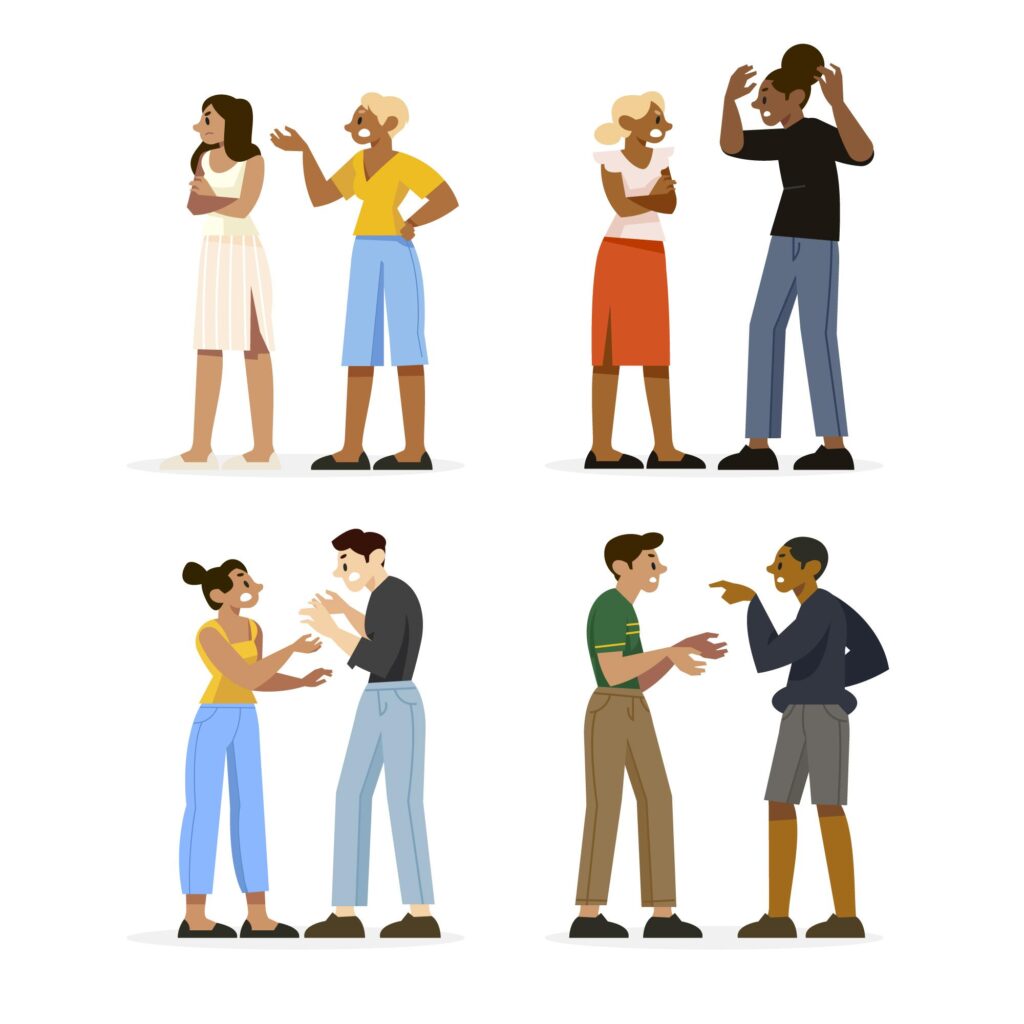Last updated on December 20th, 2024 at 01:18 pm
Abusive relationships can manifest in various ways and can have a devastating impact on those involved. Recognizing when a relationship is abusive can be challenging, but it is essential to understand the warning signs and know how to seek help. In this article, we will discuss what defines an abusive relationship, the signs to watch for, and provide information on how to obtain help and support.
What is an Abusive Relationship?
An abusive relationship is one in which one partner uses power and control to manipulate, harm, or dominate the other. This can manifest in various forms, including physical violence, emotional abuse, sexual abuse, and financial abuse. The abuse may begin subtly and gradually escalate over time, making it challenging for the victim to recognize and exit the relationship.
Some common signs of an abusive relationship include:

It is crucial to remember that abuse is never the victim’s fault, and that leaving an abusive relationship is a courageous and challenging decision. If you or someone you know is in an abusive relationship, it is essential to seek help and support.
Warning Signs of an Abusive Relationship
Recognizing an abusive relationship can be challenging, but there are warning signs to be aware of. Some common indicators include:
If you are noticing any of these warning signs, it is crucial to seek help as soon as possible.
How to Get Help
If you are in an abusive relationship, it is crucial to seek help. Numerous resources are available to assist you, including:
Breaking Free from an Abusive Relationship
Breaking free from an abusive relationship can be challenging, but it is essential to remember that you are not alone and that support is available. Here are some tips for leaving an abusive relationship:
Remember, leaving an abusive relationship can be perilous, so it is crucial to have a plan in place and seek assistance from trusted friends, family members, and professionals. If you or someone you know is in an abusive relationship, understand that help is available and that there is hope for a brighter future.
The Consequences of Staying in an Abusive Relationship

Physical and mental trauma, financial instability, and even death are just a few of the long-term effects that a victim may experience if they stay in an abusive relationship. Abuse can severely impact a person’s psyche, resulting in low self-esteem, depression, and anxiety.
Physical abuse can lead to severe injury or death, and victims may also suffer from long-term health problems such as chronic pain, headaches, and sleep disorders. Financial insecurity is another risk linked to remaining in an abusive relationship, as the abuser may restrict the victim’s access to funds or prevent them from working.
Remember that leaving an abusive partner requires courage and strength of character, and that the abuser is never at fault. It is essential to seek assistance and support if you or a loved one is in an abusive relationship.
The Impact of Abusive Relationships on Children
Children who witness or experience domestic violence or abuse are more likely to develop anxiety, depression, and aggressive behaviors. Additionally, they may face challenges in normal development, encounter difficulties in school, and struggle to form friendships in adulthood. A child who observes abuse should be regarded as a victim and given the resources needed to help them cope with the trauma they have experienced.
Conclusion
Breaking free from an abusive relationship can be a lengthy and difficult journey, but it is possible to achieve safety and healing. It is essential to seek help and support, and to remember that you are not alone. No one deserves to be abused, and you have the right to a happy and healthy relationship.


